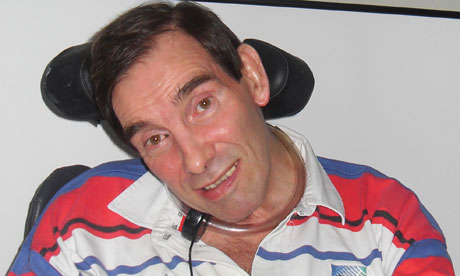Holland is among one of the few countries that allows euthanasia.
According to the "Termination of Life on Request and Assisted Suicide Act", punishment is not followed after Euthanasia only if below requirements are met:
-----------------------------
Chapter II. Requirements of Due Care
Article 2
1. The requirements of due care, referred to in Article 293 second paragraph Penal Code mean that the physician:
- a. holds the conviction that the request by the patient was voluntary and well-considered,
- b. holds the conviction that the patient's suffering was lasting and unbearable,
- c. has informed the patient about the situation he was in and about his prospects,
- d. and the patient hold the conviction that there was no other reasonable solution for the situation he was in,
- e. e. has consulted at least one other, independent physician who has seen the patient and has given his written opinion on the requirements of due care, referred to in parts a - d, and
- f. has terminated a life or assisted in a suicide with due care.
2. If the patient aged sixteen years or older is no longer capable of expressing his will, but prior to reaching this condition was deemed to have a reasonable understanding of his interests and has made a written statement containing a request for termination of life, the physician may cant' out this request. The requirements of due care, referred to in the first paragraph, apply mutatis mutandis.
3. If the minor patient has attained an age between sixteen and eighteen years and may be deemed to have a reasonable understanding of his interests, the physician may cant' out the patient's request for termination of life or assisted suicide, after the parent or the parents exercising parental authority and/or his guardian have been involved in the decision process.
4. If the minor patient is aged between twelve and sixteen years and may be deemed to have a reasonable understanding of his interests, the physician may cant' out the patient's request, provided always that the parent or the parents exercising parental authority and/or his guardian agree with the termination of life or the assisted suicide. The second paragraph applies mutatis mutandis.
------------------------------
The above requirements is basically describing a situation of voluntary euthanasia.
It appears that people generally found that voluntary euthanasia more defensible than involuntary euthanasia.
So does it imply that voluntary euthanasia is ethically more acceptable, or in other word, "less wrong" than involuntary euthanasia?
Does patient's consent make the act of termination of one's life different?
Termination of Life on Request and Assisted Suicide Act:
http://www.eutanasia.ws/documentos/Leyes/Internacional/Holanda%20Ley%202002.pdf


